Missouri travel advisory warns of racism danger
The NAACP issued a travel advisory for the state of Missouri because of newly passed Senate Bill 43. The advisory calls for African Americans to be safe while traveling in Missouri.
James Price found the windows of his barber shop, Turn-N-Headz, covered in racial epithets. Blue Springs, Mo. police released video in hopes of identifying the culprit. photo courtesy of Tribune News Service
September 18, 2017
Citizens around the nation were shocked and dismayed when the National Association for the Advancement of Colored People (NAACP) issued its first travel advisory ever, in the state of Missouri.
Inspired by Senate Bill 43, which makes it harder for employees or ex employees to sue and win a case based on discrimination in the workplace, the advisory called for African Americans to be extremely careful when traveling throughout Missouri.
Diversity Coordinator Michelle Johnson reflects on having direct ties to racism while traveling as a person of color.
“Traveling as a person of color throughout America has always been and always will be a dicey proposition the first time you run into someone who has problems with race,” Johnson said.
The NAACP feels as if the bill is a civil rights violation and that people of color could be harmed. They call it a “Jim Crow Bill.” Johnson has personally experienced racism targeted at her while traveling throughout Missouri numerous times.
“I’ve had my share of run ins with people who have shouted the N-word at me,” Johnson said. “They made me feel unsafe in how they interacted with me and otherwise had been clear in their demeanor that someone who looks like me isn’t someone who they’d want to interact with.”
The warning was issued on Aug. 2 and was effective until Aug. 28. They are planning to have it go into effect again in the future. Designed to make citizens aware of the danger in Missouri, it has also been a consistent topic of conversation lately.
“People are overly focused on the warning as some sort of official advisory,” Johnson said. “Black people who traveled through Missouri have always had a concern about [racism while traveling] … and have probably always had an informal warning amongst each other,”
The advisory states that African Americans are also subjective to excessive traffic and are 75 percent more likely to be stopped by a cop than a caucasian person is. It also states that race, gender and color based crimes have a long history in Missouri.
“As someone who has traveled through Missouri a lot, it always will be a concern to me,” Johnson said. “Missouri has a high number of parts of the state that are openly not receptive to people of color. There’s a lot of klan activity, there are a lot of people who openly fly confederate flags.
Johnson sees that it might be hard for some people to understand how this feels, since some people aren’t exposed to the parts of Missouri where this most often occurs.
“If you’re traveling, you don’t know what that’s about, and it may not seem as obvious to someone who is white and travels or someone who just travels between Kansas City to St. Louis,” Johnson said. “But if you’re traveling in other parts of the state, it can be an issue.”
As expected, there are people who agree with the warning, and there are those who don’t. It has been a contentious discussion, and Johnson has heard it all.
“I’ve heard from people who aren’t black who go ‘Well this is just silly, I’ve never seen racism.’ If you’ve never seen something, that doesn’t mean it doesn’t exist,” Johnson said.
While the warning is only for the state of Missouri, it had an effect on the rest of the nation.
“The warning shouldn’t be limited to just Missouri because nothing has changed,” Johnson said. “The advisory is talking about the reality that has always been in existence. This isn’t about some singular new thing. In part, it was inspired by some change in laws involving employment but really, this isn’t new. ”
To read more about recent events dealing with racial issues, check out Close to Home: Charlottesville ignites a national debate over monuments .



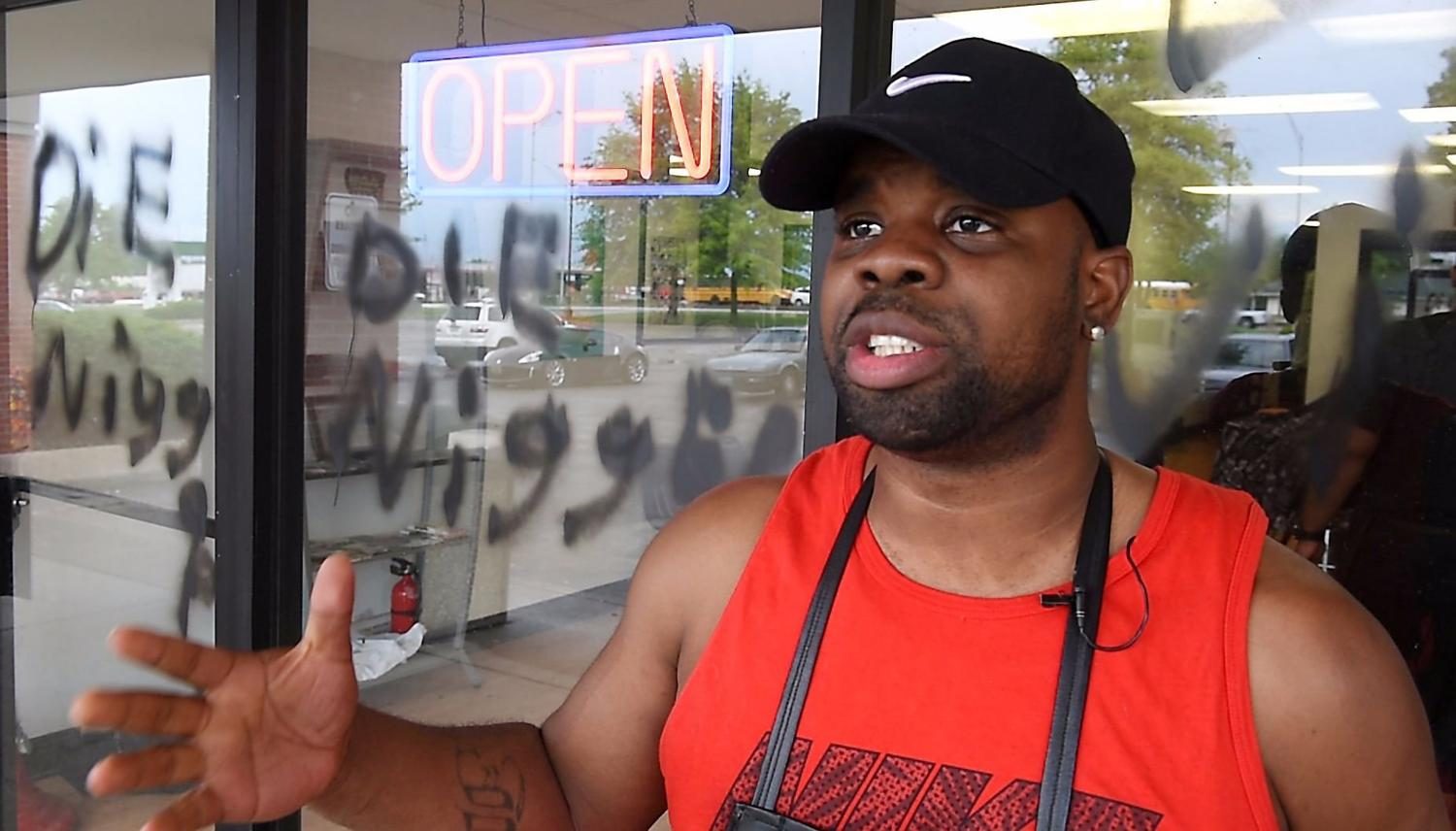


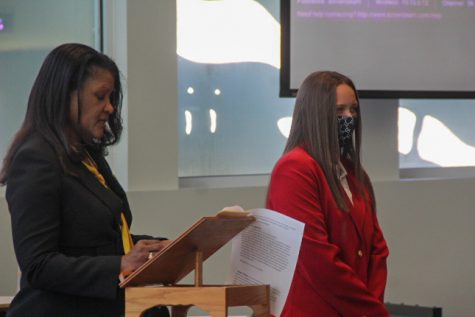
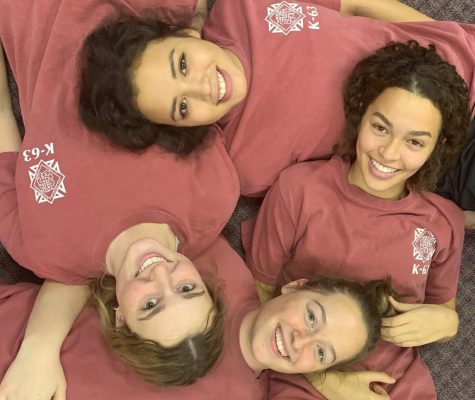


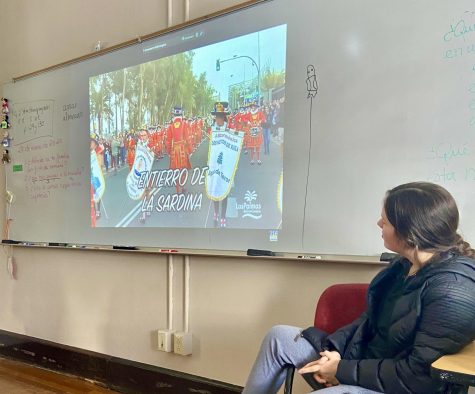
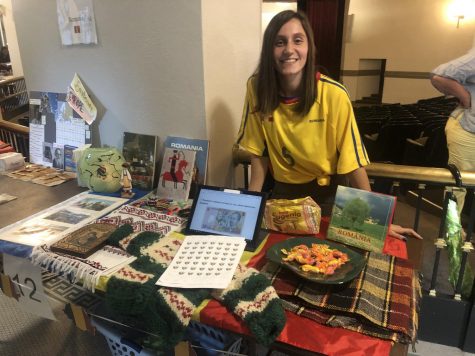

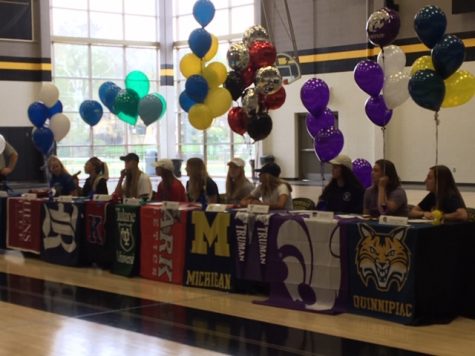
Margaux Renee • Sep 20, 2017 at 9:52 am
This is so well written! Pieces like this make me so proud to be on staff. Great job!